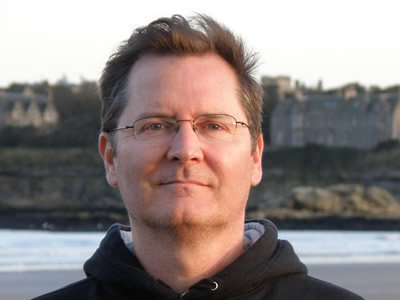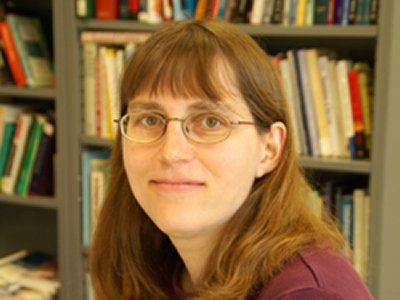Syracuse Hosts International Philosophy Conference Sept. 18-20
Philosophers, scholars, and researchers converge on campus for Workshop for Oxford Studies in Political Philosophy

One of the world’s leading political philosophy conferences is coming to Syracuse University’s College of Arts and Sciences.
The third annual Workshop for Oxford Studies in Political Philosophy will take place on September 18-20 in the Kilian Room (500) of the Hall of Languages. The schedule features a variety of lectures, including keynote addresses by Elizabeth Anderson and Seana Shiffrin, renowned philosophers at the University of Michigan and the University of California, Los Angeles, respectively.
Lectures are free and open to the public. For more information, contact David Sobel, the Guttag Professor of Ethics and Political Philosophy at Syracuse, at davidsobel3@gmail.com. Click here for a complete schedule.
“This conference feature some of today’s leading philosophers, scholars, and researchers,” says Sobel, who co-organizes the series with Peter Vallentyne and Steven Wall, philosophers at the universities of Missouri and Arizona, respectively. “The entire lineup is impressive, and we’re especially fortunate to have professors Anderson and Shiffrin as keynote speakers. Anyone with an interest in government, politics, and democracy will benefit from what our guests have to say.”
The program includes 10 workshops, each with a lecturer, commentator, and chair. Lecturers include the following:
• Ralf Bader (Oxford University)
• David Enoch (The Hebrew University of Jerusalem)
• Keith Hyams (The University of Warwick)
• Seth Lazar (Australian National University)
• Richard Miller (Cornell University)
• Michael Otsuka and Laura Valentini (The London School of Economics and Political Science)
• George Sher (Rice University)
• Kit Wellman (Washington University in St. Louis)

Sobel says the program is designed to explore various facets of modern political philosophy—specifically, how issues of liberty, justice, and authority relate to political institutions and social practices. Case in point: In their keynote lectures, Anderson will discuss the problem with equality, from a political economy perspective; Shiffrin, the moral ramifications of negligence.
Political philosophy can trace its origins to ancient Greece, where Plato and Aristotle wrote about various forms of political organization, such as monarchy, tyranny, aristocracy, oligarchy, and democracy. Different strands of thought concurrently sprung up in ancient China and India. Today, political philosophy has grown to encompass a wide range of topics, including new debates over issues of democratic citizenship and cultural pluralism.
Presented in conjunction with a book series published by Oxford University Press, the conference moves to Barcelona, Spain, next year.
Featured
David Sobel Irwin and Marjorie Guttag Professor of Ethics and Political Philosophy
Media Contact
Rob Enslin
